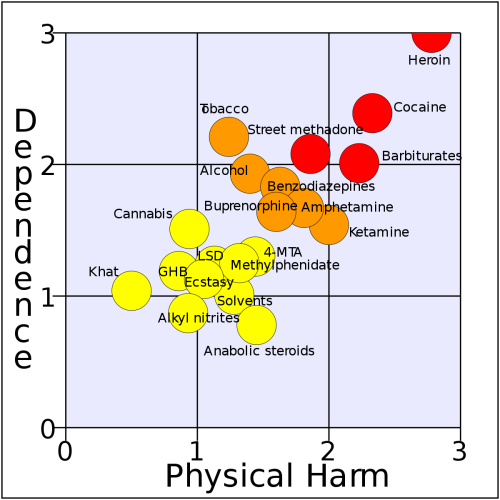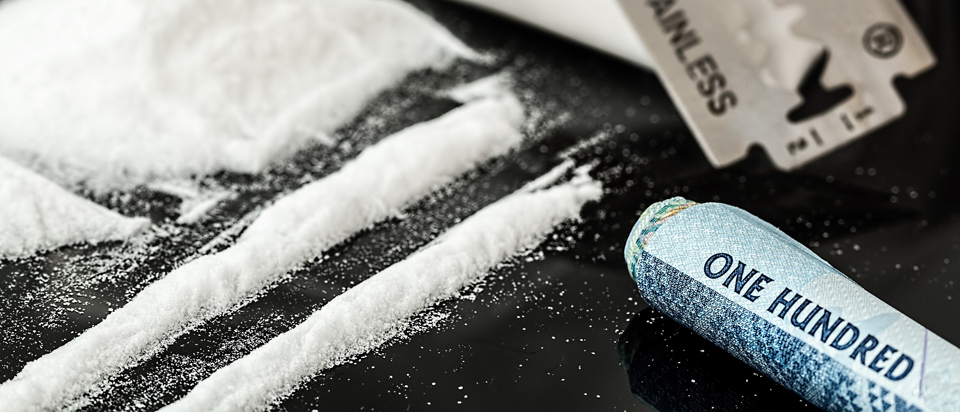If you ask almost anyone if they know what a hard drug is, they’ll nod enthusiastically. Ask them to define a hard vs a soft drug however and the nodding might stop. According to most, hard drugs are more toxic, more dangerous, more addictive, more potent, just seemingly more. But it turns out that hardness is a measure of a drug’s potential for dependence, and its harm to the user. This fits with the perceptions we have of drugs like cocaine, heroin or meth, which cause physical dependence and are thus hard drugs, but not so much with our ideas of alcohol, nicotine or caffeine, which also cause physical dependence and are thus, hard drugs. This also means that hallucinogens like LSD or ‘magic mushrooms’, as well as ecstasy and marijuana are soft drugs, due to their lack of dependence building. ‘Soft’ as a descriptor for a drug has never been favoured, for fear that it minimized the risks inherent with any drug, but now hard and softness in relation to drugs has a connotation completely outside its definition that is causing scientists to turn away from these terms.

Want to comment on this article? Visit our FB Page!







